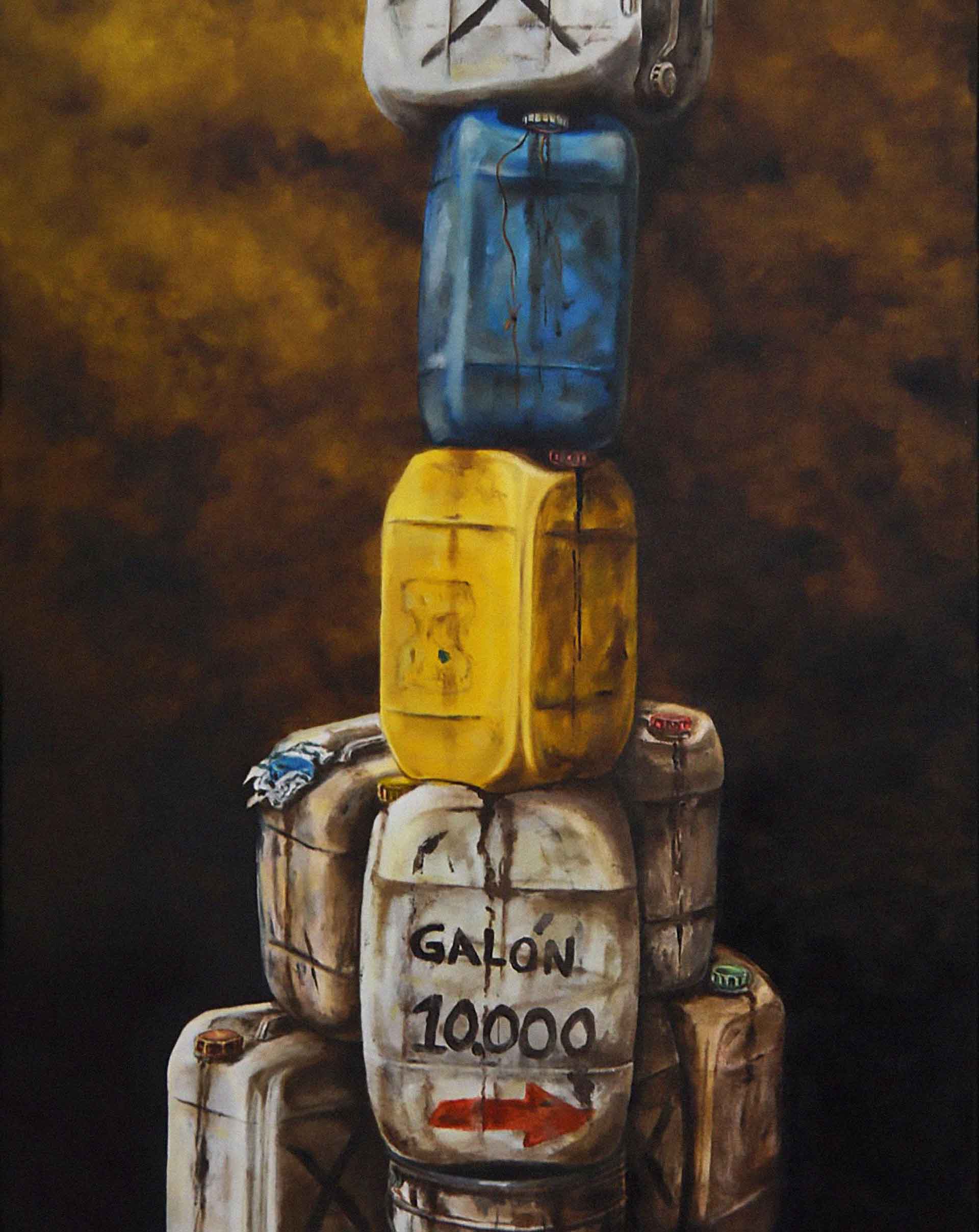
At the end of the 19th century, in the state of Táchira on the border with Cúcuta, the first oil company in this Venezuelan region was founded by Mr. Manuel Pulido, who started the National Mining and Petroleum Company of Táchira: Petrolia, a company that began the exploitation and extraction of oil in October 1878, with a first well that was open until 1924 and started a socioeconomic development based on fossil fuels. Soon Venezuela would be headed towards great abundance; by 1914 the wealth found in the subsoil of the neighboring country was already well known by foreign financial and oil monopolies, who saw in this country the opportunity to extract such precious black gold. This new gold rush led to a relentless injection of foreign capital that sought to take advantage of the oil boom. In 1927, crude oil exports already exceeded the largest national imports at the time, which were cocoa and coffee. This drastic change in the Venezuelan economy injected large amounts of dollars into the national coffers, which caused the migration of citizens from all over the world to Venezuelan territory. This change from an agricultural paradigm to an industrial territory caused Venezuela to undergo such a radical transformation in less than 50 years that it abandoned its food production in a very short period of time. This required trained personnel for these tasks and a lot of the necessary labor that would be essential for such a vast task in this extensive territory with a very low population density, a characteristic that, in 2015, with the migration boom, became more noticeable. Venezuelan oil has saved the country from becoming a second version of Cuba, since, although it is not far from that, due to the economic interests of the great world powers, there is still a light of hope for Venezuela to be able to recover economically.

Along the long border that separates Colombia and Venezuela, various commercial activities are carried out, both legal and illegal. The corruption that affects both countries is the main reason for this situation, as it has generated a precarious environment in these areas, where the lack of investments and social assistance from the State is evident. It is for this reason that small informal markets have developed that have “mutated” from illegal activities such as fuel smuggling, which have evolved over time and in many cases, have become the main source of income for families in these regions. Crude oil is a reflection of the complex relationship that Latin American societies have with this natural resource, by showing us the reality of a country that condemned itself for the mismanagement of an element that was its ally in times of prosperity, but that now plays against due to its capital importance.
